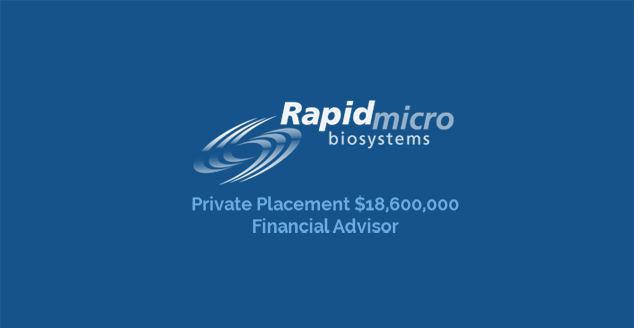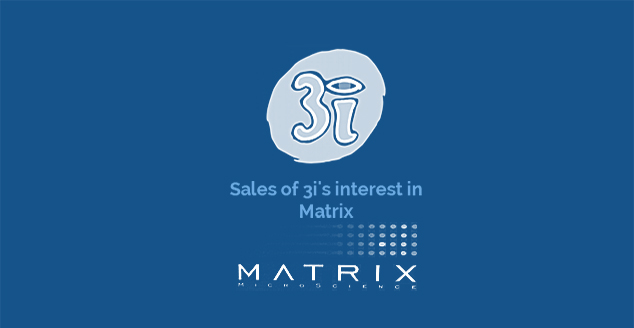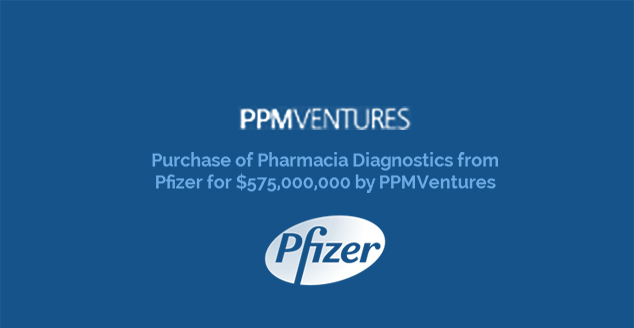Diagnostics/Tools
Diagnostics/Tools are involved in every stage of the continuum of care. They help to determine the probability that a person will become sick (risk), identify the disease (diagnosis), determine the likelihood of recurrence (prognosis), selection of the right therapeutic to treat the disease most effectively (theranostics) and, finally, determine whether the treatment is working (monitoring).
There are several different types of Diagnostics: (1) point-of-care diagnostic tests that are run bed-side, such as blood gas analysis; (2) tests that are run in a lab of the hospital, such as immunoassays; (3) kits that are sold for use in doctor’s offices [sample collection or analysis] or even at home by the patient; and (4) tests that are run in large-scale reference labs, requiring high volume throughput or exotic technology.
Our Focus
The Diagnostics/Tools team at Ferghana works with its global clients to provide tailored, creative advice on corporate strategic programs: Financing, Divestment, Acquisition and Partnering.
The Diagnostics Industry seeks to answer these important questions:
- Q1. Are you sick?
- Q2. How sick are you?
- Q3. Where are you sick?
- Q4. How should you be treated?
- Q5. How effective is your treatment?
Diagnostics
- Clinical Chemistry
- DNA Probes (Amplification technologies, hybridization)
- Genetic Testing
- Glucose Testing
- Hemostasis
- Immunoassays
- Pharmacogenomic Diagnostics
- Microbiology
- Point-of-Care Technologies
Imaging Agents/Systems
- Ultrasound
- Contrast Agents
- PET Scan
- Magnetic Resonance Imaging (MRI)
- Scintigraphy
- Conventional/Digital X-Ray
- Digital Mammography
Select Transactions







